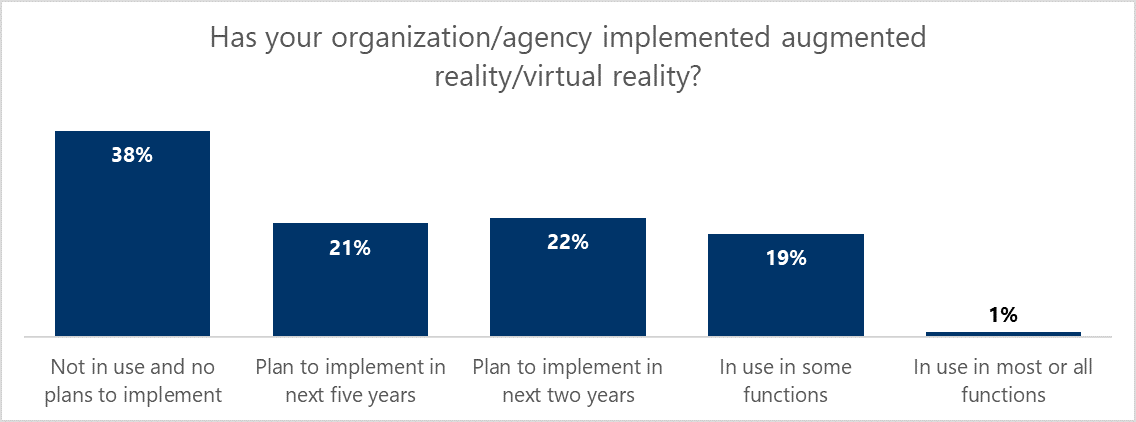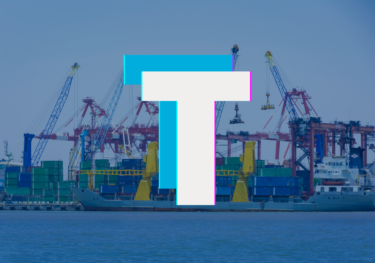Blog | 06 Jan 2022
The suddenly unavoidable metaverse: Four things you need to know

Matthew Reynolds
Senior Research Manager, Thought Leadership

It is easy to pinpoint the moment the metaverse went mainstream: October 28, 2021, when Facebook announced it was renaming itself Meta. Defining just what the metaverse is, or will be, is a little more difficult.
There is widespread agreement that a constellation of emerging technologies will mature in the near- to-intermediate future into something greater than the sum of its parts, transforming industries, economies, and the everyday lives of billions of people along the way. Yet this rich digital realm has neither strict boundaries nor a firm schedule for its piecemeal emergence. Predictions of its economic and financial impact are still in the pick-a-huge-number phase so beloved by Silicon Valley and Wall Street, with plenty of vaporware and hype yet to come. Even the name metaverse—coined by Neal Stephenson in his 1992 novel Snow Crash—may not stick. No wonder you have questions.
1. What is the metaverse?
“Metaverse” is a catchall term for the virtual realm where highly or wholly immersive experiences take place. To some people that means gaming and entertainment offerings built on increasingly sophisticated augmented-reality technology. To others, including Mark Zuckerberg, it extends to future iterations of routine interactions now carried out on Zoom calls or social media. The definition can also include the assets and financial infrastructure (e.g., crypto- and in-game currencies, NFTs, blockchain) that will power these digital economies—the building blocks of the next generation of internet applications, or Web 3.0.
2. Why does it matter?
Immersive experiences that change everything from shopping to medicine to social and workday interactions will create big opportunities—and challenges—for business and the public sector. A gold rush is underway in the gaming sector, where investors are betting on rival blockchains and backing next-generation apps—and the video-gaming industry already exceeds the combined size of the film and music businesses in the US, so turbocharged growth would be a very big deal. Looking ahead, Nvidia CEO Jensen Huang sees a huge efficiency play in industrial and infrastructure design, telling CNBC, “We want to simulate all factories [and] the world’s power grids…the economics are so good for companies.” Potential savings, he says, should run to and beyond hundreds of billions of dollars. And as always in the digital realm, the massive data flows around the metaverse should create numerous benefits—financial and otherwise—back in the real world.
3. When will it get here?
Slowly, then all at once, to paraphrase Ernest Hemingway. Gamers and entertainment companies are leading the way, with blockchain-based assets growing in parallel. Some of the basic tools of the metaverse, like augmented reality, are improving rapidly and should get a boost from fast-growing 5G connectivity. Coherent and consistent regulation around the world—of commerce and behavior—will surely take much longer to arrive. Many businesses, which must justify investment against years of tech-industry hype, are still searching for use cases for augmented reality. But as seen in a recent survey of 1,000 executives in the US and Canada we conducted for NTT DATA, adoption of those tools is underway and expected to expand quickly.

4. Is this a good thing?
Technology tends to be value-neutral, and human beings will find ways to behave both badly and nobly in any environment. Whether a more immersive digital world will bring people closer or atomize society even further remains hazy futurism. We do know that industry disruption is painful for many of the people and organizations involved, and we can speculate on possible outcomes—e.g., cryptocurrencies unseating central banks—that would have historic consequences. Yet likely benefits will spill across the breadth of human experience, from high-quality virtual doctor visits and classrooms to greatly enhanced workplace collaboration. In any case it seems a safe bet that the payoffs and challenges of the metaverse will be too big to ignore—and that it is time to start paying attention now.
Tags:
You may be interested in

Post
You don’t have to be an IT expert to lead on AI
The adoption curve for AI will vary across companies but, according to our data, it’s probably already in use in customer service and marketing—areas where women are more likely to hold leadership roles.
Find Out More
Post
How Asia’s supply chains are changing | Techonomics Talks
Global supply chains have continued to expand, despite talk of deglobalization and nearshoring. US and Japan have started to de-couple from China, but other G7 countries grow more dependent on Chinese inputs. Several "hotspots" are emerging across Asia with multiple winning formulas.
Find Out More
Post
Taiwan earthquake hit local chip production, but only temporarily
Taiwan was hit by the 7.2 magnitude earthquake on 3 April, the strongest in 25 years. However, the economic impact seems to be manageable so far, thanks to sparse population close to the epicentre, improving building codes and stronger disaster management and awareness in the past two decades.
Find Out More